Chapter 1
Introduction to Microbiology
By Boundless
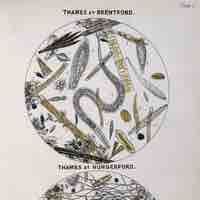
Microbes are organisms that are microscopic, or extremely small.

The development of the microscope, along with the observations of various scientists, led to the discovery of microorganisms.
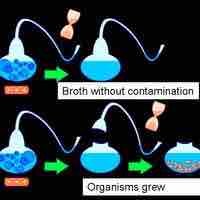
Pasteur's experiments revealed that spontaneous generation does not occur.
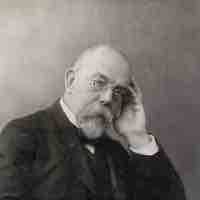
Robert Koch identified anthrax as a disease agent and formulated postulates that are still used to research diseases today.
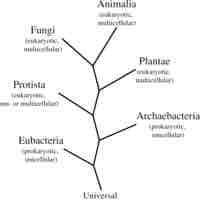
Microorganisms make up a large part of the planet's living material and play a major role in maintaining the Earth's ecosystem.
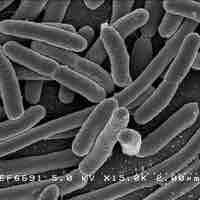
Microorganisms are classified into taxonomic categories to facilitate research and communication.
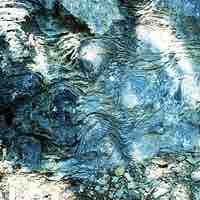
Life on Earth is thought to have originated from the oldest single-cell archaea and bacteria.
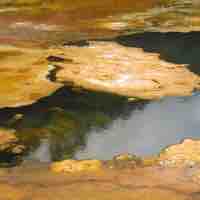
Microbes are ubiquitous on Earth and their diversity and abundance are determined by the biogeographical habitat they occupy.
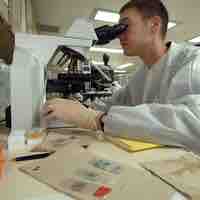
Microbiology is the the study of microscopic organisms and how they interact with humans and the environment.

The information gained by microbiologists can be applied to many medicinal and commercial endeavors.
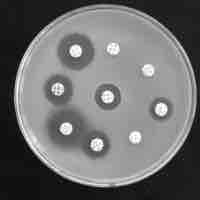
Understanding microbes gives us the ability to fight pathogens using immunization, antiseptics, and antibiotics.
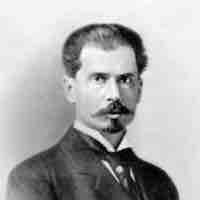
Modern microbiology began with the discovery of microbes in the 1600s and the scope and scale of the field continues to expand today.